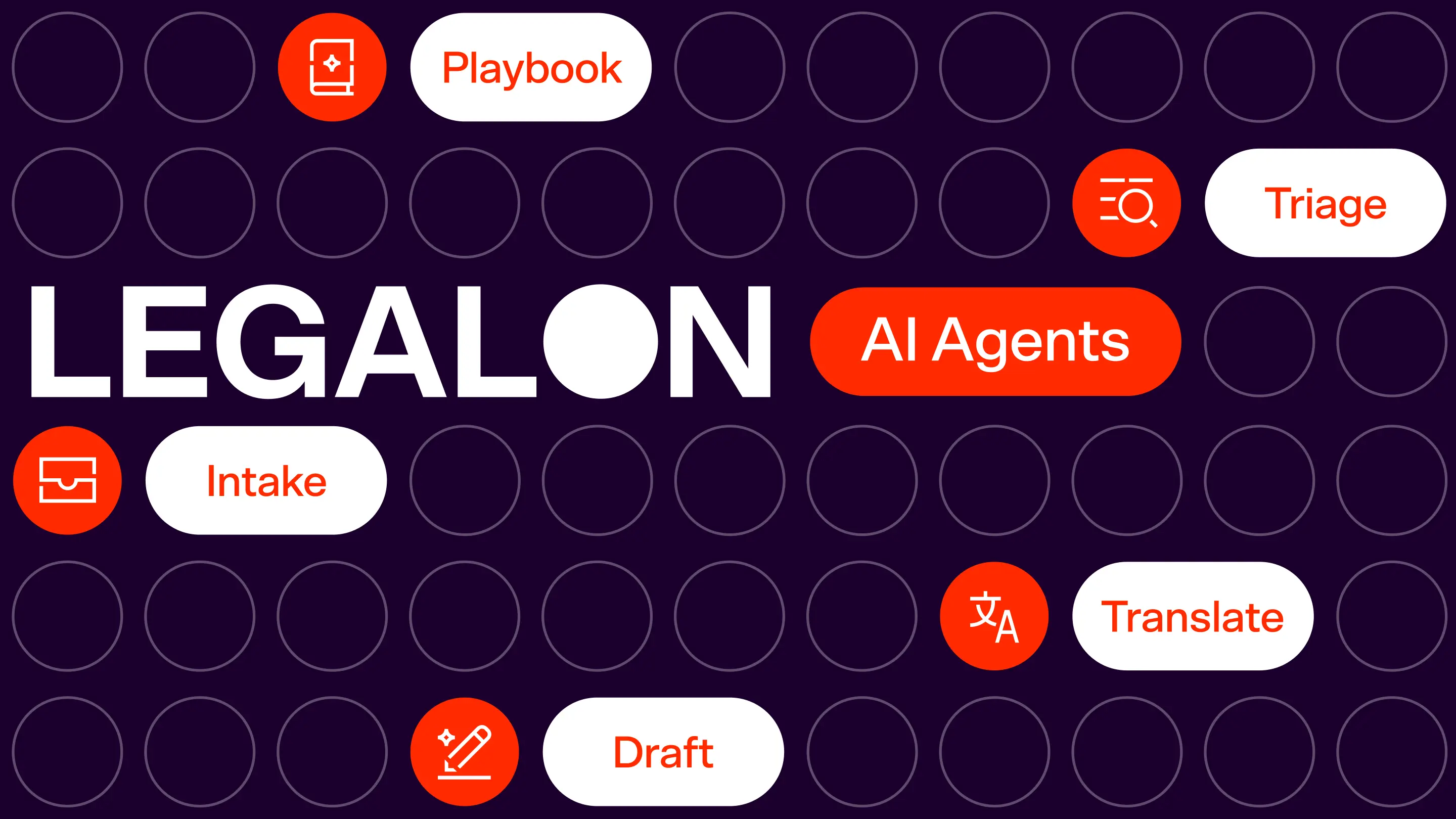Successors Clause: Review and Negotiate with AI
What is a Successors Clause?
A Successors clause, also known as a "binding successors and assigns" provision, helps ensure that a contract remains valid even if the original parties change. It extends the rights and obligations of the contract to any successors or new owners of the original parties.
A typical Successors clause might say:
This Agreement will be binding upon and shall inure to the benefit of the Parties hereto and their respective successors and assigns.
This seemingly simple statement carries significant weight in maintaining the stability and continuity of contractual relationships. It guarantees that the terms of the agreement remain enforceable even if one of the original parties undergoes a major change, such as being acquired by another company or transferring its rights and obligations to a new entity
Where To Use Successors Clauses
Successors clauses are useful in many types of agreements, including:
- Service Agreements: These clauses ensure obligations continue even if the service provider or client changes.
- Non-Disclosure Agreements (NDAs): They help maintain protection of confidential information despite changes in company ownership.
- Master Services Agreements (MSAs): For these long-term agreements, Successors clauses guarantee continuity over extended periods.
The inclusion of a Successors clause is particularly important in scenarios where long-term relationships are established or when dealing with sensitive information that requires ongoing protection.
Negotiating Successors Clauses
When negotiating Successors clauses, consider these key points:
- Scope of Application: Clearly define which rights and obligations will be transferred to successors and assigns. Not all aspects of an agreement may be suitable for automatic transfer.
- Consent Requirements: Consider whether the transfer of rights and obligations should require the consent of the other party. This is particularly important in agreements involving personal services or where the identity of the contracting party is crucial.
- Notice Provisions: Include requirements for notifying the other party when a transfer to a successor or assign occurs. This ensures transparency and allows for any necessary adjustments to the relationship.
- Limitations on Assignment: Be aware of any legal limitations on assignment. For example, personal services contracts generally cannot be assigned without the consent of the non-assigning party due to the "delectus personae" doctrine.
- Compliance with Applicable Laws: Ensure that the Successors clause complies with relevant laws and regulations. This may include state-specific laws, such as California's Civil Code Section 1457 or New York's General Obligations Law Section 5-1601, which govern the assignment of contracts.
- Industry-Specific Considerations: Tailor the clause to address any industry-specific concerns or regulations that may affect the transfer of rights and obligations.
- Exceptions and Carve-Outs: Consider including exceptions or carve-outs for specific situations where the automatic binding of successors and assigns may not be appropriate or desirable.
- Reciprocity: Ensure that the clause is reciprocal, binding both parties' successors and assigns equally, unless there's a specific reason for asymmetry.
When negotiating, it's crucial to balance the need for continuity with the flexibility to adapt to changing circumstances. A well-crafted Successors clause should provide security and predictability while allowing for necessary adjustments as the parties' situations evolve.
Remember that while Successors clauses are generally enforceable, they are subject to other contractual and legal principles. Always consult with legal counsel to ensure that your Successors clause is properly tailored to your specific agreement and complies with all applicable laws and regulations.
AI Contract Review for Successors Clauses
To give you a sense for the benefits of leveraging AI Contract Review Software trained by lawyers, we’ve selected some sample language our software presents to customers during a review of Successors Clauses in Master Service Agreements (MSAs). Keep in mind that these are static in this overview, but dynamic in our software - meaning our AI identifies the key issues and proactively surfaces alerts based on importance level and position and provides suggested revisions that mimic the style of the contract and align with party names and defined terms.
If you’d like to see more, we invite you to book a demo.
Sample Clause for Successors
This Agreement will be binding upon and shall inure to the benefit of the Parties hereto and their respective successors and assigns.
Guidance for Successors Clause
It is generally accepted to incorporate a provision that binds successors and assigns, ensuring the continuity and stability of the contractual relationship between the parties. This provision guarantees that the MSA's terms and conditions will continue to apply even if there is a change in ownership or control structure.
For example, if Company A is acquired by Company C during an ongoing MSA with Company B, the binding successors and assigns provision ensures that Company C will be bound by the MSA's terms and fulfill Company A's obligations. This provides assurance to Company B that the contractual relationship will persist uninterrupted despite the change in ownership.
Simplifying Your Successors Clause Negotiations with AI
AI-powered tools like LegalOn can help legal teams:
- Quickly spot important issues
- Give alerts based on your situation
- Suggest improvements
- Ensure you're following relevant laws
The sample AI-powered insights we've shared demonstrate how LegalOn can enhance your contract review process, making it more efficient, thorough, and aligned with best practices.
To experience the power of AI in Successors clause negotiations, we invite you to see it in action. Book a demo today to explore how our AI-powered contract review software can transform your approach to drafting and negotiating Successors clauses.
Experience LegalOn Today


.svg)




.webp)




